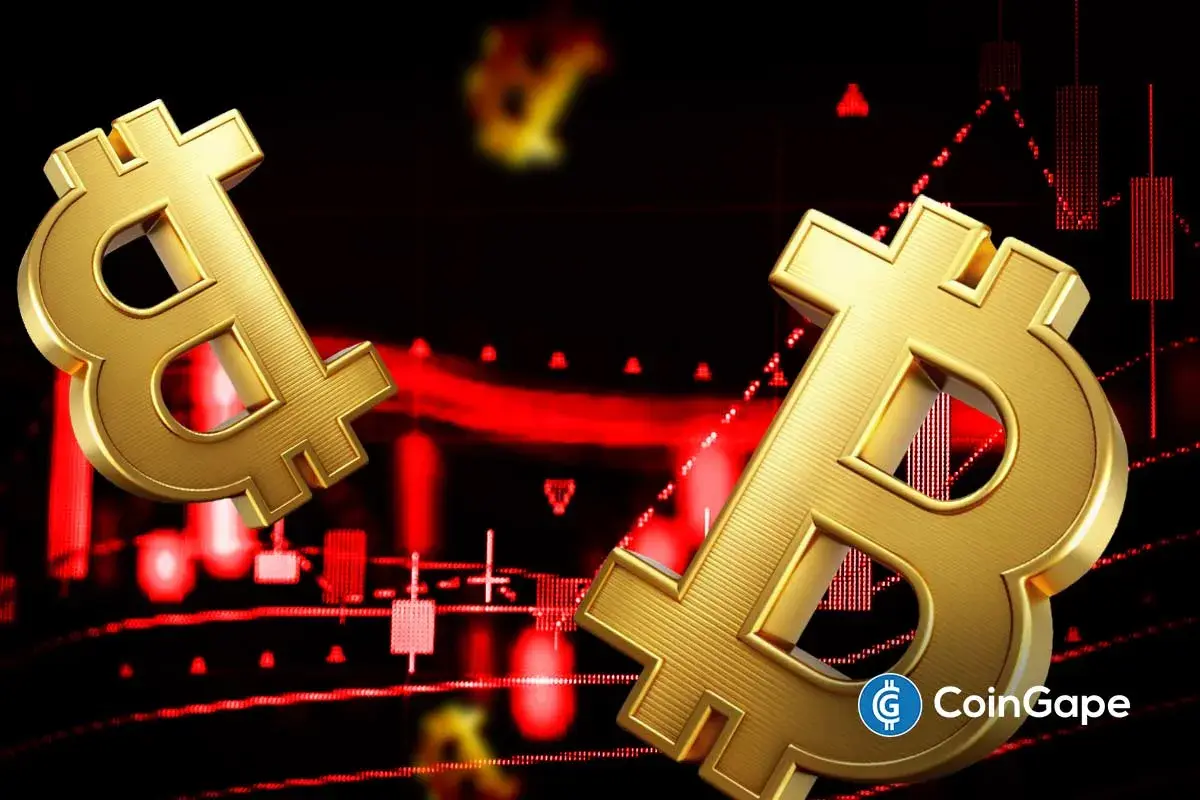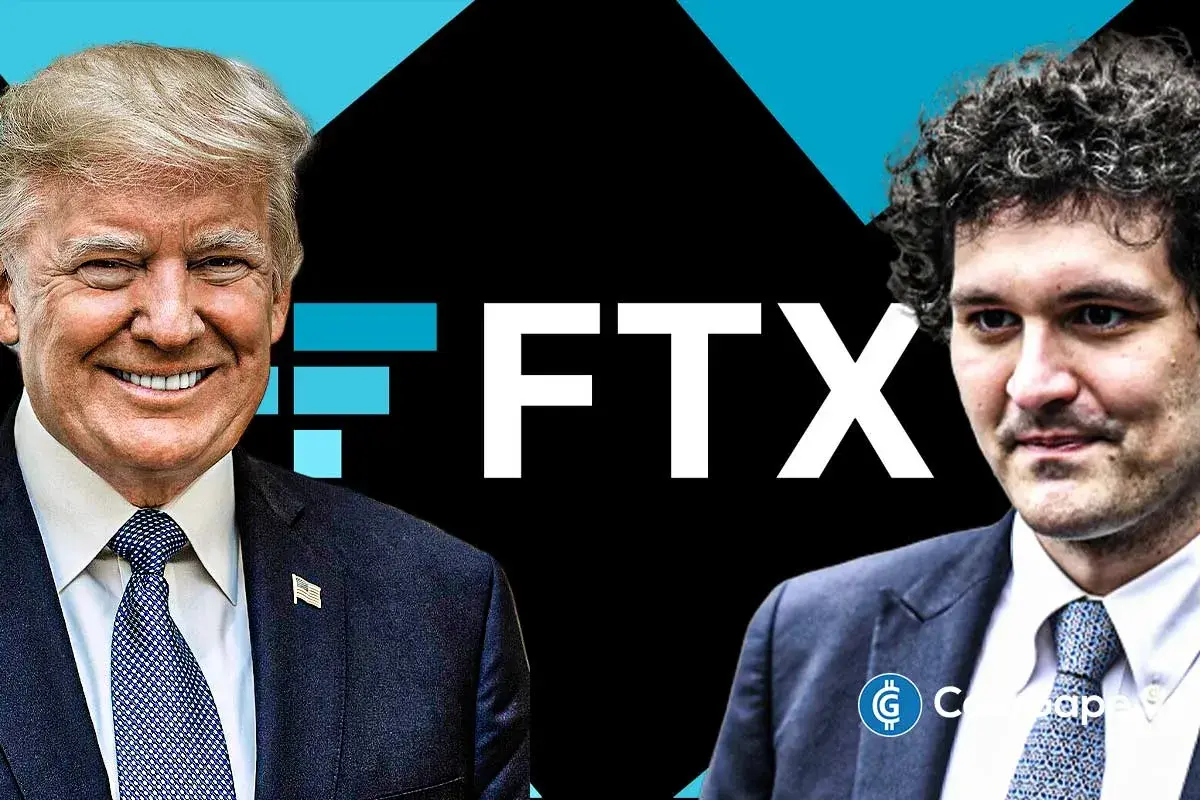Just-In: Japan Toughens Crypto Stance On Russian Sanctions

Japan will revise its foreign exchange law to prevent Russia from exploiting crypto to evade economic sanctions. Chief Cabinet Secretary Hirokazu Matsuno said in a press conference that the government plans to revise the Foreign Exchange and Foreign Trade Act soon.
The move follows an earlier request from the Japanese government for crypto exchanges to stop processing transaction with sanctioned entities in Russia and Belarus. It was not immediately clear what revisions the government intended to make to its foreign exchange law.
Tokyo could legally enforce its earlier request to block crypto transactions with sanctioned entities. It could also ramp up the collection of user data to better monitor against sanction breakers.
Japan plans more sanctions against Russia
Japan had joined its western allies this month in imposing strict economic sanctions against Russia over its invasion of Ukraine. The country had removed Moscow from its list of “most favored” trade partners, and also blacklisted several Russian banks and individuals linked to President Vladimir Putin.
Japan also has plans to block more exports to Russia, and to reduce the amount of oil it imports from the country. Russia is the fifth-largest supplier of oil to Japan.
The United States and the European Union have so far taken the toughest measures against Moscow- including the freezing of the central bank’s foreign holdings, as well as blocking most major banks from the SWIFT payments network. Europe also has plans to reduce its reliance on Russian oil.
Can Russia use crypto to evade sanctions?
General consensus is that Russia will be unable to evade large-scale sanctions through crypto. But this has not stopped western nations, including the U.S., in taking measures to prevent such a scenario.
The U.S. has repeatedly warned local exchanges against facilitating crypto transactions for blacklisted entities. While they appear to have complied, most major U.S. exchanges are still providing services to Russian citizens. The European Union also recently fast tracked a major crypto-related bill to ensure no misuse through the medium.
Russian ministers have also raised the possibility of using crypto to avoid some sanctions, specifically by accepting Bitcoin (BTC) for the country’s massive energy exports.
- Expert Predicts Deeper Bitcoin Decline as JPMorgan CEO Warns of Similarities to the 2008 Financial Crisis
- Trump Won’t Pardon FTX’s Sam Bankman-Fried (SBF), White House Says
- Third Spot SUI ETF Goes Live as 21Shares Fund Launches on Nasdaq
- Mark Zuckerberg’s Meta Reportedly Eyes Stablecoin Integration This Year Amid Regulatory Clarity
- Coinbase Rivals Robinhood As It Rolls Out Stocks, ETFs Trading In ‘Everything Exchange’ Push
- Cardano Price Signals Rebound as Whales Accumulate 819M ADA
- Sui Price Eyes Recovery as Third Spot SUI ETF Debuts on Nasdaq
- Pi Network Price Eyes a 30% Jump as Migrations Jumps to 16M
- Will Ethereum Price Dip to $1,500 as Vitalik Buterin Continues Selling ETH?
- XRP Price Outlook as Clarity Act Passage Odds Plunge to 53%
- COIN Stock Risks Crashing to $100 as Odds of US Striking Iran Jump

 Claim Card
Claim Card
















